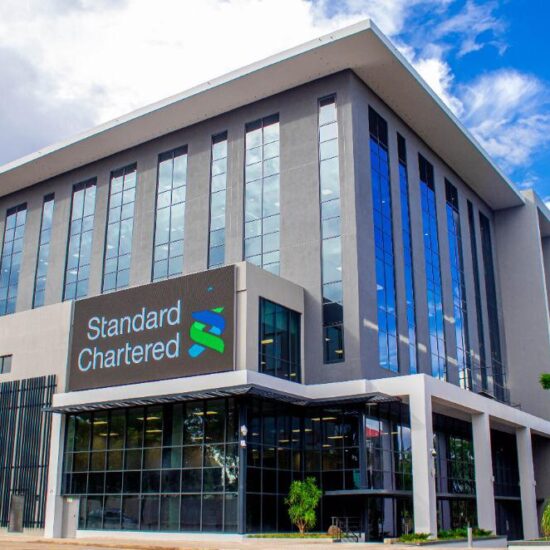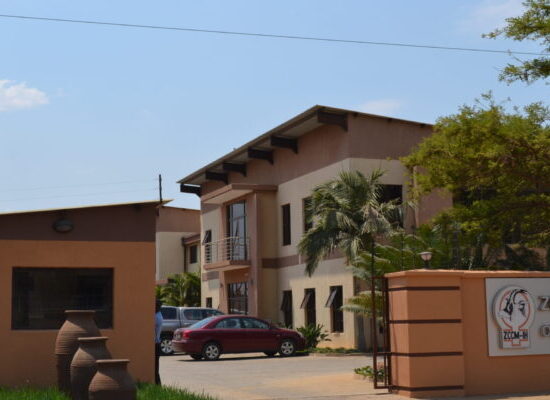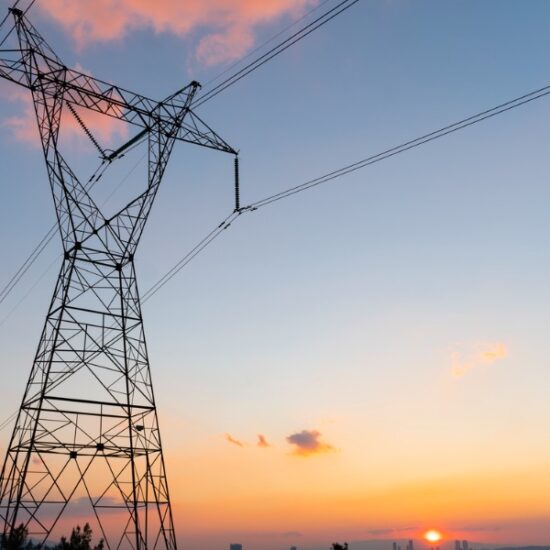
ZAMBIA’s international gross reserves have increased to US $2.9 billion by the end of August, 2021,representing 5.4 months of import cover, from US $1.2 billion three months prior, the highest level since 2015, BoZ data shows.
And the kwacha appreciated by nearly 30 per cent against major currency convertibles between July 1 and August 31, this year, mainly boosted by significant inflows from non-resident investors in government bonds and improved market sentiments.
Speaking during the Monetary Policy Rate (MPR) announcement in Lusaka, September 1 attended by the Zambian Business Times – ZBT, Bank of Zambia (BoZ) governor Christopher Mvunga announced that the rise in the country’s reserves was largely triggered by the International Monetary Fund (IMF) Special Drawing Rights (SDRs), which led to the injection of around US $1.3 billion.
SDRs are the IMF’s reserve asset, and are exchangeable for dollars, euros, sterling, yen and Chinese yuan or renminbi.
An allocation of SDRs requires approval by IMF members holding 85 per cent of the total votes, with the United States holding 16.5 per cent of the votes, meaning that Washington D.C.’s view is decisive.
IMF Managing Director, Kristalina Georgieva, stated in early August that the much-needed liquidity came at the right time for the global economy, which was reeling from the Coronavirus pandemic.
The IMF Board of Governors approved a general allocation of SDRs equivalent to US $650 billion or around SDR 456 billion on August 2, 2021, to boost global liquidity.
Zambia’s reserves have since benefited from the increased SDR allocation, which took effect, August 23, with the country’s reserves now sitting at nearly US $3 billion, representing around 5.4 months of import cover.
“Gross international reserves rose to US $1.4 billion (equivalent to 2.6 months of import cover) at end-June, 2021, from US $1.2 billion (2.1 months of import cover) at end-March, 2021. At end-August, 2021, international reserves rose further to about US $2.9 billion (5.4 months of import cover) following the receipt of the IMF SDR937.5 million allocation (US $1.33 billion) as well as market purchases. BoZ net purchases amounted to US $154.4 million in July and August,” said Mvunga during the quarterly brief.
According to BoZ data seen by ZBT, Zambia’s reserves had earlier dropped to US $1.2 billion by the end of last year, the lowest-ever on record.
The country’s reserves drastically dwindled since 2016, precisely in tandem with Zambia’s escalating external debt stock and correspondingly high debt servicing, which put tremendous pressure on the reserves.
The last time the country’s international gross reserves dropped to below US $2 billion before 2016 was in 2009 when BoZ data revealed that reserves held were at US $1.9 billion in December of that year. Zambia’s reserves, however, peaked at over US $3.9 billion in July, 2015.
International reserves are any kind of reserve funds, which central banks can pass among themselves, internationally, and they remain an acceptable form of payment among these banks. The Gold reserves balances however remains low and this may be attributed to apathy from the responsible officials at BOZ who are not aggressively growing this line.
And the kwacha rallied against major currency convertibles by almost 30 per cent between July 1 and August 31, this year, mainly boosted by significant inflows from non-resident investors in government bonds and improved market sentiments.
“…Recently, the kwacha has appreciated sharply mainly due to significant inflows from non-resident investors in government bonds and improved market sentiments. Between July 1 and August 31, 2021, the kwacha strengthened by 29.6 per cent to K15.94 per US dollar,” stated BoZ.







